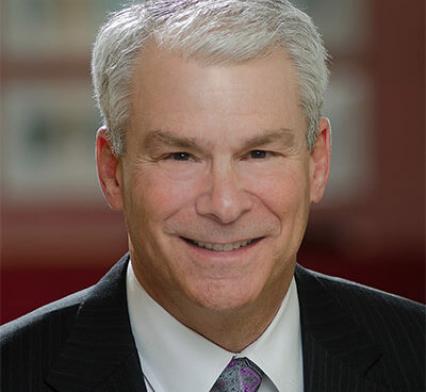When is More Important Than Where
Think flexible work means working from home? Think again: Colorado workers care more about when they work than where, according to research my company, Pinnacol Assurance, recently commissioned.
While Colorado has the highest percentage of employees who work from home, our research shows that only 20% of Colorado workers say they would prefer to work from home. Nearly double that number, though – 38% – believe flexible hours are most important. Hourly workers often have the least control over their schedules, and another survey shows that nearly half of hourly workers aged 18 to 34 say they would trade pay to have more control over their schedules.
And more and more businesses are recognizing that the future of workers means more employee autonomy. Research from HR Dive finds that 60 percent of companies worldwide currently permit employees to set their workday's start and end time.
If you're not one of them, now is the time to consider how to evolve in order to attract and retain workers. Embracing schedule balance – e.g., letting employees duck out early for a doctor's appointment or to pick up kids from school – can help drive employee loyalty, but it has additional benefits for employers: Job stress costs U.S. businesses an estimated $300 billion annually, due to a combination of occupational injuries and illnesses, and absenteeism. And juggling work and family schedules is a big stressor. Giving your employees more authority over their schedules can help prevent costly claims down the road.
Of course, not every business – especially smaller ones – is equipped to allow workers free rein over their hours. After all, you still need to keep cash registers and production lines manned and provide customer service in a timely manner. But even companies that don't have an obvious model for choose-your-own-hours work can offer some flexibility.
Most small businesses can't let employees set their own schedules, but they may be able to work together to find a suitable situation. Start by asking your employees what's ideal for them; you may find that a parent would prefer to work weekends so they can pick up their kids from school during the week, while another employee would gladly cover weekday afternoons in exchange for a work-free weekend. The same goes for client coverage in an office setting: One worker might choose to come in early to cover East Coast clients, while another would prefer to stay later and handle those on the West Coast in exchange for sleeping in.
Can you let employees complete certain tasks on their own schedules? Even if a job function requires an employee to be onsite for specific hours, as is the case for most retail associates and receptionists, most jobs have at least some component that employees could do flexibly. Perhaps they can reconcile call logs or work on quarterly reports on a Sunday afternoon. Alternatively, you could let them choose a convenient time that works for them to come in and do inventory.
With a focus on output rather than “face time," you can reap the benefits of engaged, satisfied, and productive workers.
